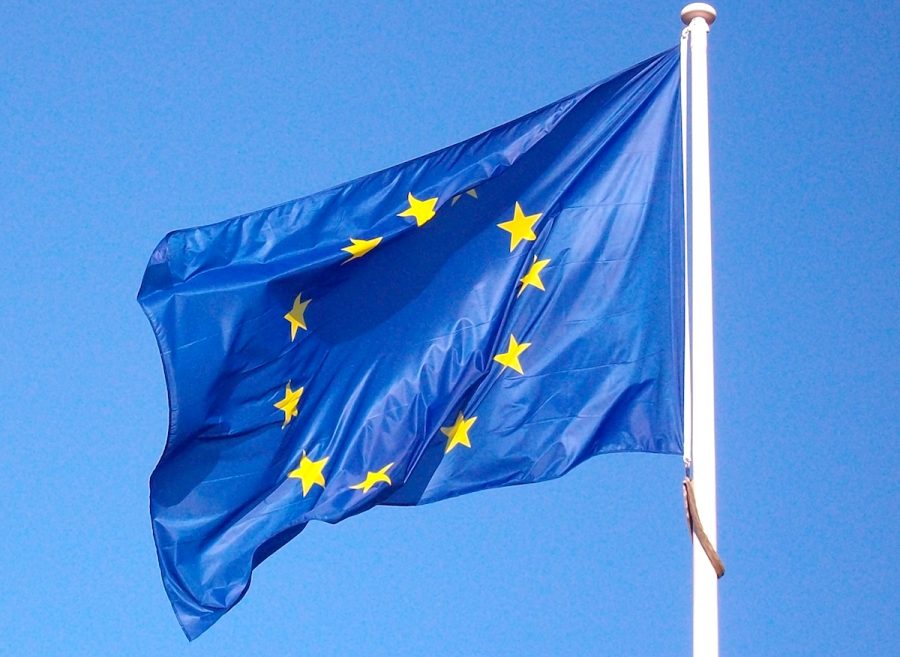The EU Visa suspension mechanism mechanism empowers the EU, to temporarily suspend visa exemptions in the event of security risks from a visa-free country.
According to the EP report, the risks to the EU’s internal security are posed by investor citizenship schemes operated by certain visa-free countries. Therefore the new grounds for VSM which includes “operation of investor citizenship scheme”
New grounds to suspend visa-free regime
- Lack of alignment of a visa-free third country with the EU’s visa policy, in cases where this may lead to increased arrivals to the EU e.g. because of this country’s geographical proximity to the EU
- Operation of an investor citizenship scheme, whereby citizenship is granted without any genuine link to the third country concerned, in exchange for pre-determined payments or investments hybrid threats and deficiencies in document security legislation or procedures
So far. Nationals of 61 third countries, can travel to the Schengen area for short stays (up to 90days in any 180-day period) without a visa. Out of these, 25 countries have visa waiver agreements with the EU and nine have obtained visa exemption through successful completion of a visa liberalisation dialogue.
Article 8 of Visa Regulation
According to Article 8 of the Visa Regulation, a Member State or the Commission can trigger the VSMin the event of:
- a substantial increase (more than 50 %) in the number of persons arriving irregularly
from visa-free countries, including those found to be staying irregularly, and in
persons refused entry at the border; - a substantial increase (more than 50 %) in the number of asylum applications from
nationals of a third country listed in Annex II (with a low recognition rate); - a decline in cooperation on readmission with a third country listed in Annex II;
- an increased risk to the security of Member States linked to the nationals of a third
country listed in Annex II.
VSM Triggered Twice
The VSM has only been triggered twice so far. In May 2019, the Netherlands notified the Commission, about an increase in unfounded asylum applications and serious criminal offences by Albanian nationals, but the Commission assessed that the threshold for triggering the suspension mechanism had not been reached. In 2022, the Commission triggered the VSM due to an increased risk or imminent threat to the public policy or internal security of Member States created by Vanuatu’s operation of an investor citizenship scheme. This resulted in the temporary suspension of the visa exemption for nationals of Vanuatu
As of 2024, Five caribean countries along with Vanuatu, Macedonia and Malta operate investor citizenship schemes.
Adoption of VSM
The Council adopted its negotiating mandate on the proposal in March 2024. In Parliament, a draft report was presented in February 2024. As discussions continued throughout the spring, the Civil Liberties, Justice and Home Affairs Committee (LIBE), responsible for the file decided to postpone the vote on the report until after the June 2024 European elections.

The European Economic and Social Committee (EESC) is currently studying the proposal in view of issuing an opinion (which is currently expected in October 2024). The Revised VSM mechanism is expected to go through several approvals within EU institutions before final adoption.
ETIAS Travel Authorization
The ETIAS system of Travel authorisation for visa-exempt travellers to enter 30 European countries is expected to commence during first half of 2025. It will serve as additional security measure for travelers from visa free countries.





